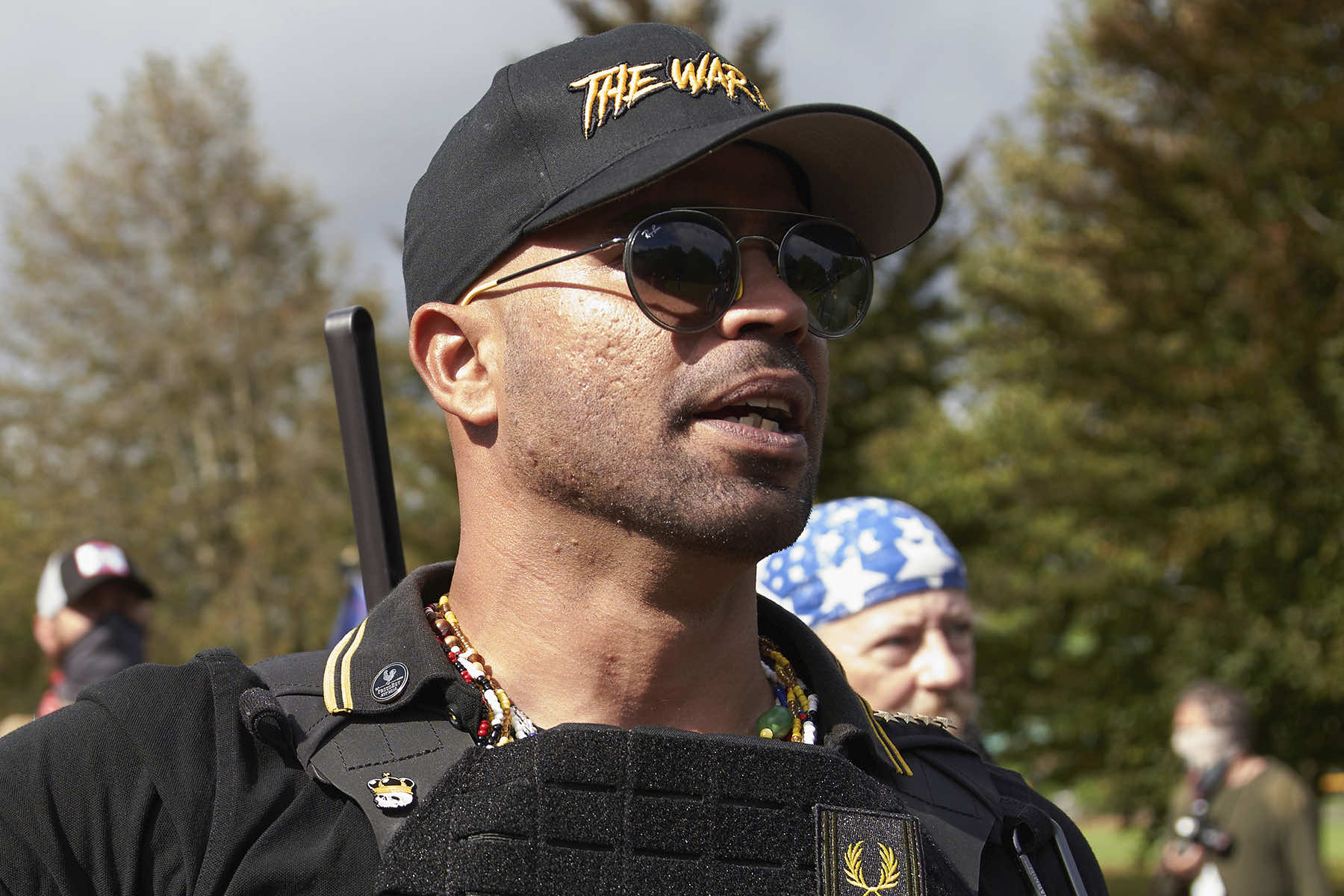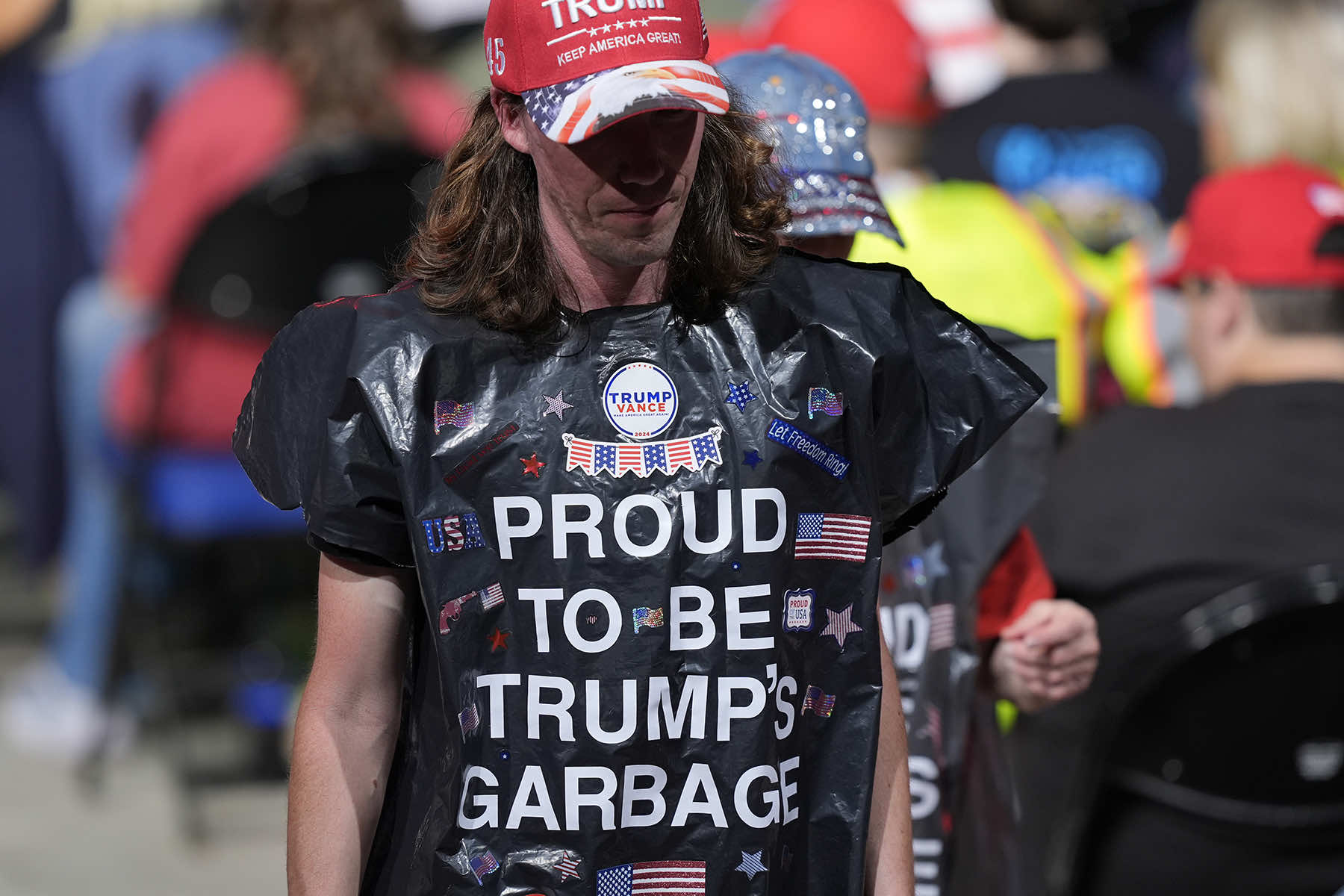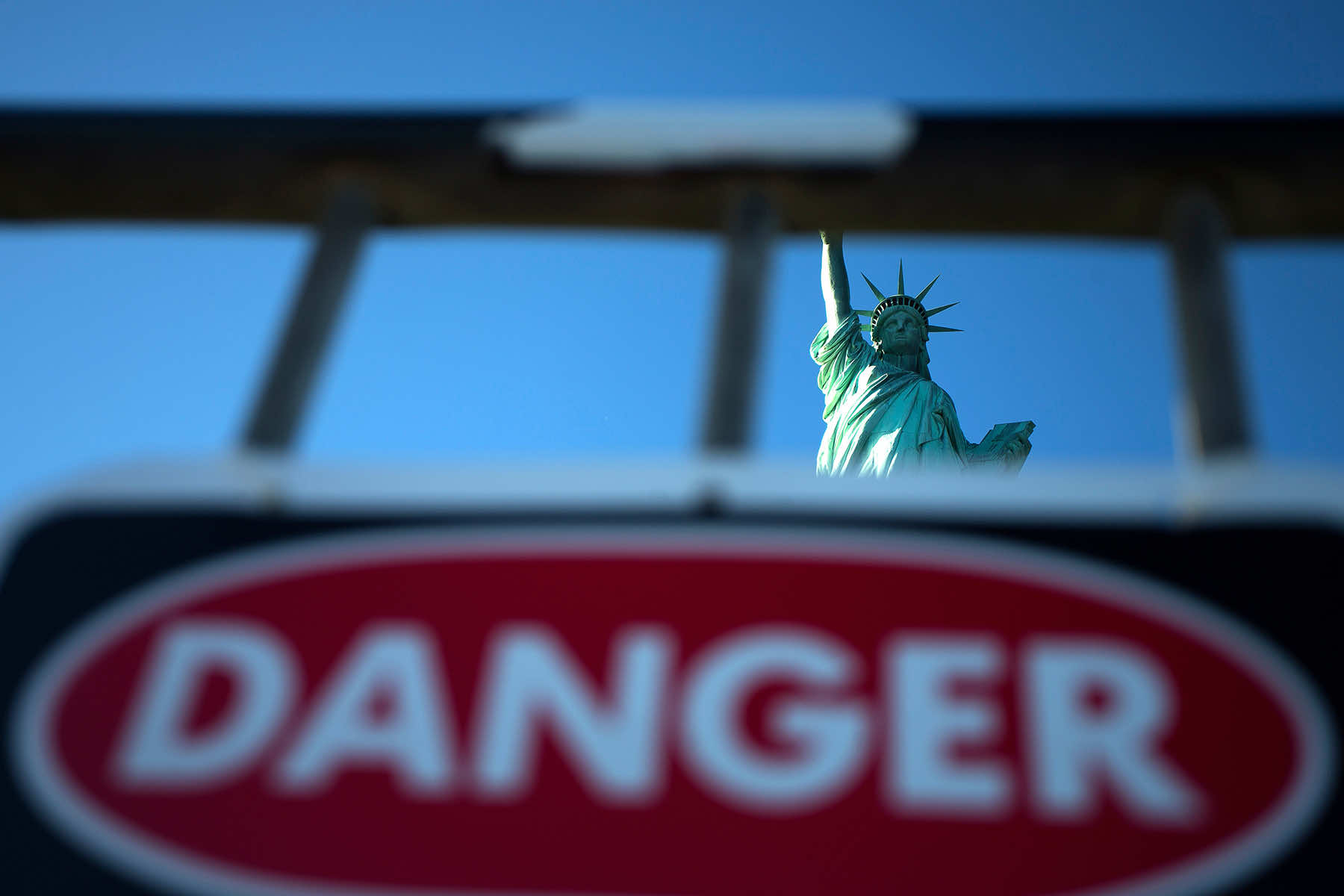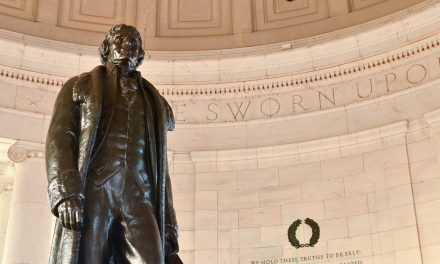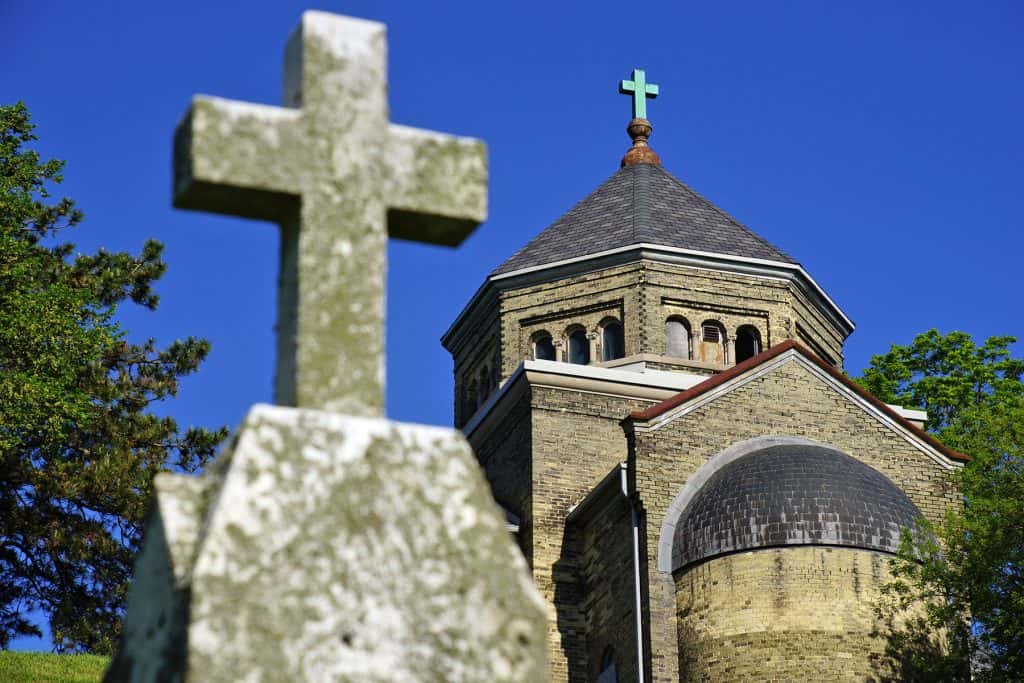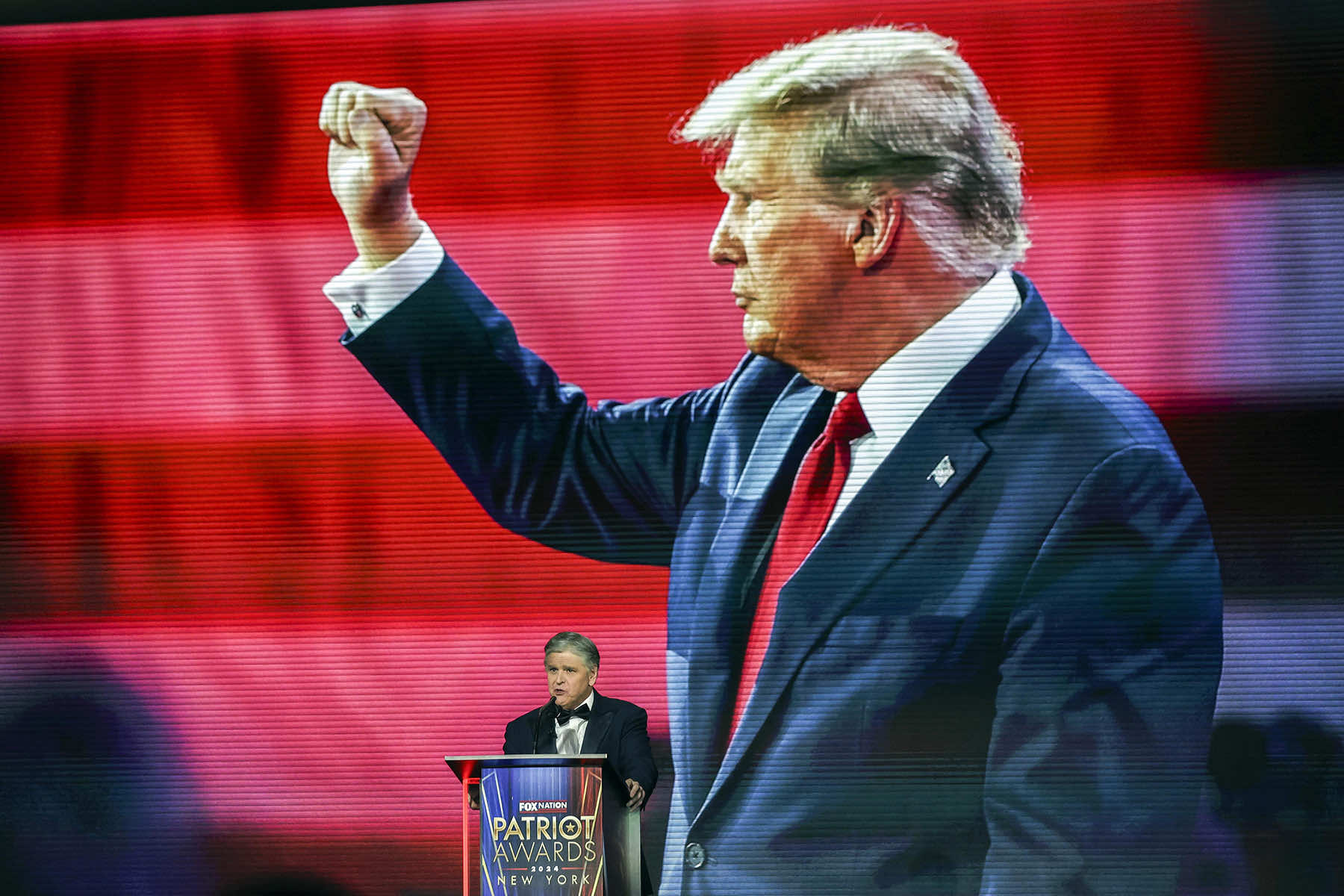
President-elect Donald Trump announced plans to issue mass pardons for supporters convicted in connection with the January 6, 2021, attack on the U.S. Capitol, saying he intended to act on his first day back in the White House.
Speaking in a wide-ranging interview on NBC’s “Meet the Press” with moderator Kristen Welker, Trump pledged to bring what he called “legal relief” to hundreds of incarcerated individuals whom he characterized as unfairly punished victims of a broken criminal justice system.
“I’m going to be acting very quickly. First day,” Trump said, describing the prison conditions faced by many January 6 rioters as “filthy” and “disgusting.” He falsely asserted that many of those involved in the riot were forced into guilty pleas.
The comments, which aired on December 8, represent Trump’s most extensive remarks on the matter since winning the 2024 election. He will take office on January 20, 2025, following a victory over Vice President Kamala Harris.
A SWEEPING PARDON PLAN
Trump has positioned himself as a champion of what he views as politically persecuted supporters. At least 1,572 defendants have been charged in the Justice Department’s sprawling January 6 investigation, and more than 1,251 have either pleaded guilty or been convicted at trial.
Of those, some 645 individuals have been sentenced to periods of incarceration ranging from a few days to over two decades. Around 250 people remain in custody, a mix of those serving prison terms and a handful held in pretrial detention.
Trump’s promise to consider pardons — even for those who pleaded guilty — marks a stark departure from the approach of outgoing President Joe Biden’s administration, which prioritized prosecuting those it deemed responsible for the violent breach of the Capitol.
Asked specifically about individuals who admitted to assaulting police officers, Trump did not rule out offering them clemency.
“Because they had no choice,” Trump said, offering a rationale that contradicted sworn admissions of guilt and video evidence presented in federal courts.
He also refused to acknowledge that Biden’s 2020 victory was legitimate, doubling down on unfounded claims of widespread election fraud. Yet, Trump argued he won the 2024 election against Harris precisely because it was, in his words, “too big to rig.”
For years, Trump has promoted the false belief that the defendants were coerced by prosecutors wielding the threat of more severe penalties.
“The system’s a very corrupt system,” Trump stated. “They say to a guy, ‘You’re going to go to jail for two years or for 30 years,’ and these guys are looking, their whole lives have been destroyed.”
A BATTLE OVER THE NARRATIVE
The attack on January 6, 2021, erupted as Congress met to certify the electoral victory of Biden over Trump in the 2020 race. The pro-Trump crowd violently stormed the Capitol, attacking police officers, ransacking offices, and temporarily halting the peaceful transfer of power. The Justice Department’s investigation, one of the most expansive in the department’s history, resulted in charges ranging from unlawful parading to seditious conspiracy.
High-profile convictions included members of the far-right Proud Boys and Oath Keepers, found guilty of conspiring to use force to prevent the transfer of power. Among those still incarcerated are individuals convicted of some of the gravest offenses, including seditious conspiracy, assaulting law enforcement officers, and plotting violence against those investigating them.
One January 6 defendant was convicted of plotting to kill FBI special agents who had investigated him. Another was arrested outside former President Barack Obama’s home after Trump posted the former president’s address online.
Trump’s pardon promise set off immediate reactions in courtrooms. As U.S. District Judge Royce C. Lamberth sentenced January 6 defendant Philip Grillo to one year in prison, Grillo shouted, “Trump’s gonna pardon me” as he was taken into custody.
That sentiment underscores a reality that prosecutors and judges have been grappling with, the expectation among some convicted insurrectionists that a Trump return to power would result in freedom.
CONDEMNING THE JANUARY 6 COMMITTEE
Trump’s ire was also directed at members of the House committee that investigated the January 6 attack, a panel he described as having “lied” and destroyed evidence. He singled out former Republican Representative Liz Cheney and Democratic Representative Bennie Thompson, who chaired the committee.
“Honestly, they should go to jail,” Trump said.
The committee’s final report and transcripts of interviews with more than 1,000 witnesses were widely published online in late 2022 and 2023, providing a public record of its investigative efforts.
Certain sensitive materials were transferred to the White House and other agencies for review and protection of sensitive information, not destroyed. Trump’s claims remain unsubstantiated, as large portions of the evidence remain accessible in the public domain.
As Trump prepares to return to the Oval Office for the start of polarizing start to a second term, the nation’s political and legal landscape remains deeply divided. The lasting impact of his promises—pardons for January 6 defendants, a reshaped Justice Department, a potentially reconfigured FBI, and a revived debate on immigration—could define not only his legacy but the fabric of American democracy in the years to come.
© Photo
Allison Dinner (AP), Alex Brandon (AP), Heather Khalifa (AP), and Unai Beroiz (via Shutterstock)

